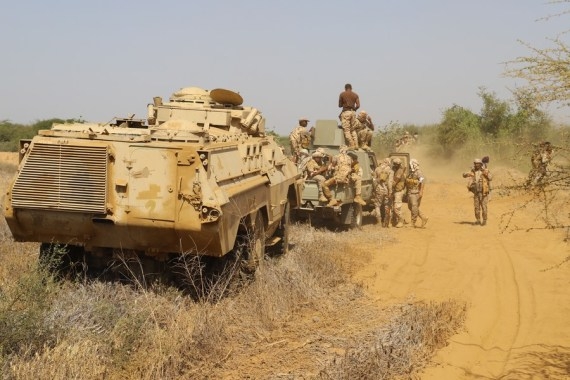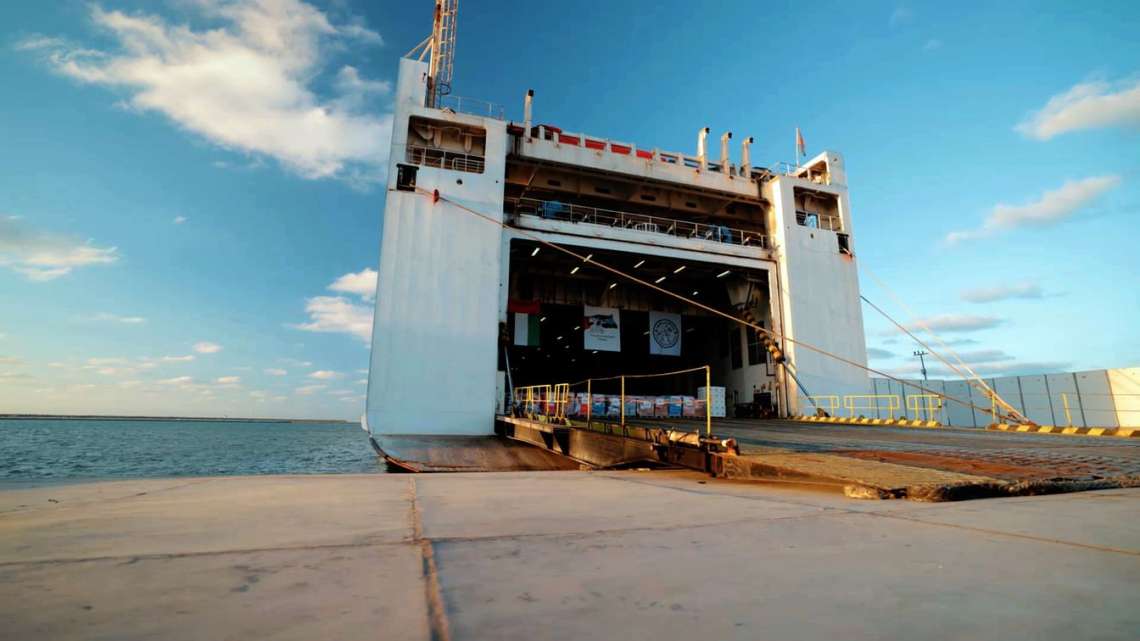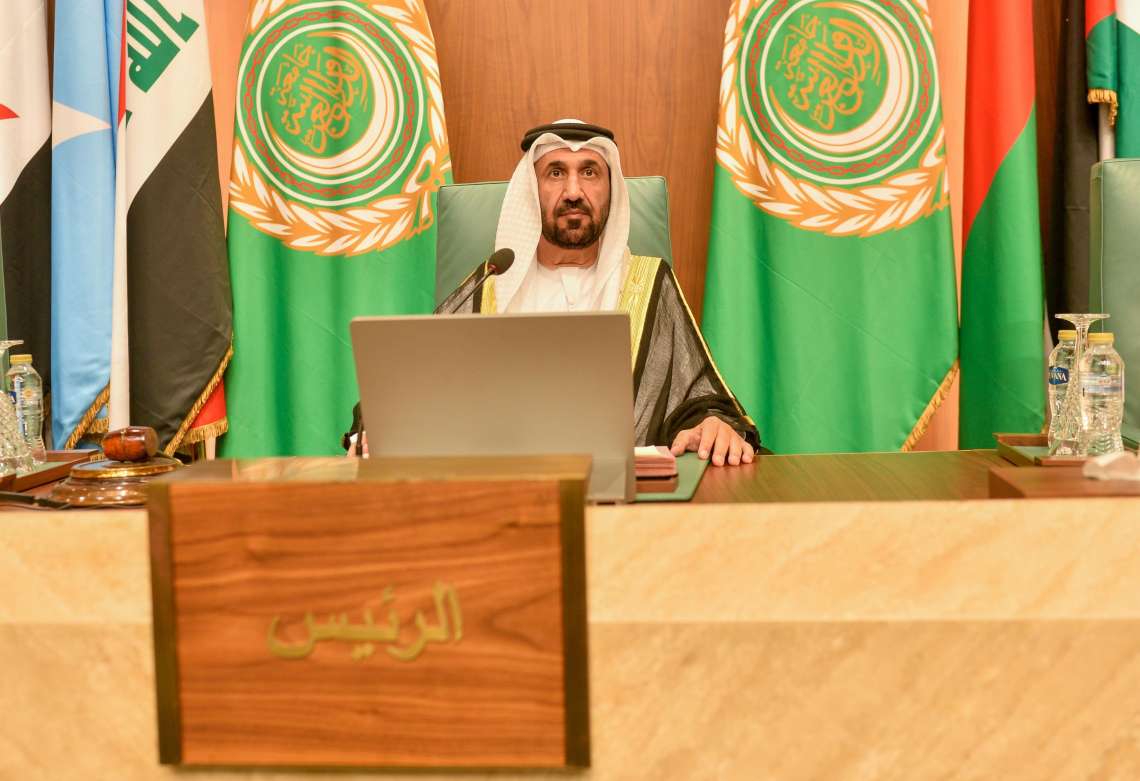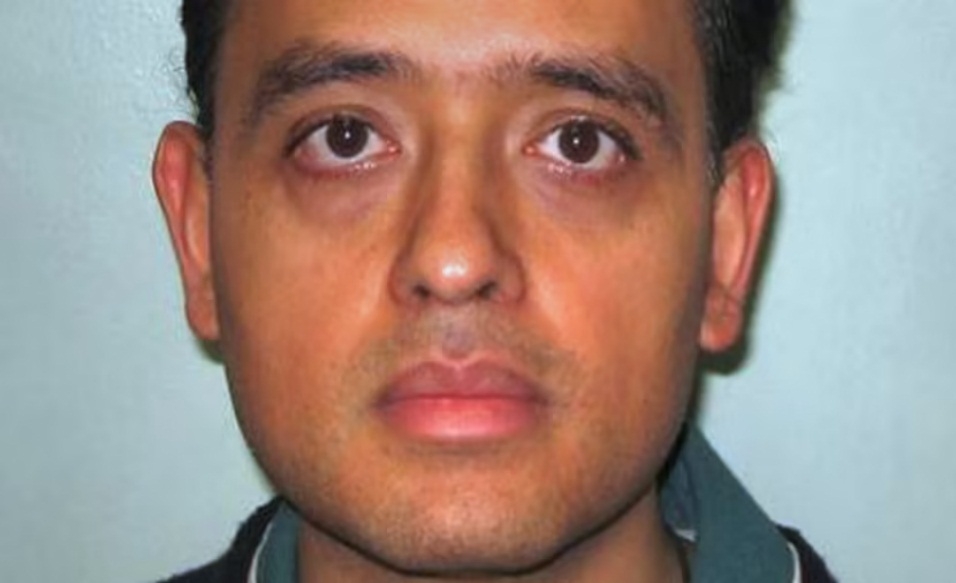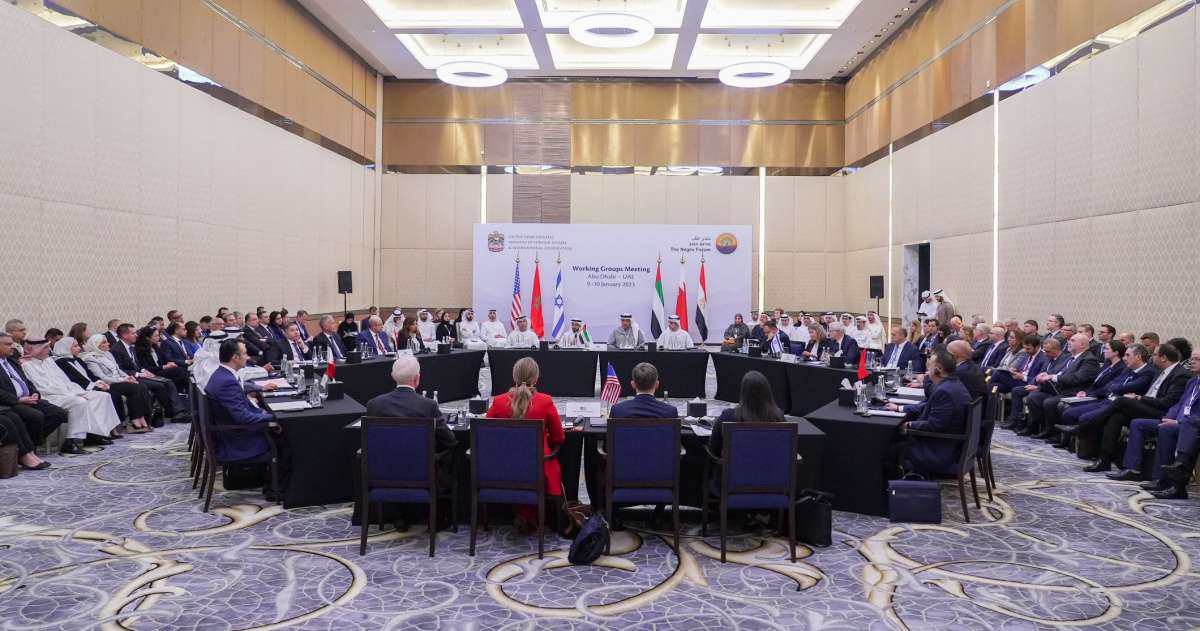An Omani delegation is in Yemeni capital Sanaa to hold meetings with top Houthi leaders and mediate the renewal of a UN-proposed truce, reports Asian Lite Newsdesk
An Omani delegation arrived in the Houthi militia-held capital Sanaa to mediate the renewal of a UN-proposed truce between the Houthi militia and the Yemeni government.
The delegation was scheduled to hold meetings with top Houthi leaders, Houthi-run al-Masirah TV reported on Tuesday.
Oman, which borders both Yemen and Saudi Arabia, has been actively engaged in brokering a truce between the Houthi rebels and the Yemeni government that is supported by Saudi Arabia.
This was the second visit by the Omani delegation in less than a month, Xinhua news agency reported.
In October 2022, the Yemeni government and the Houthi militia failed to extend a six-month national truce, raising concerns about the return of violent conflicts to the Arab country.
The civil war erupted in Yemen in late 2014 when the Iran-backed Houthi militia seized control of some northern cities and forced the Saudi-backed Yemeni government out of the capital Sanaa.
The war has killed tens of thousands of Yemenis, displaced 4 million, and pushed the country to the brink of famine.
Meanwhile, Yemen’s warring parties are gearing up for new waves of conflict in 2023 amid lack of decisive steps towards sustainable peace, adding to the sufferings of millions of people living in the war-ravaged Arab country.
A horrific eight-year-old conflict has ravaged Yemen since the Houthi rebel militia attacked the country’s state institutions in Sanaa and the presidential compound in September 2014, triggering one of the worst humanitarian crises in the world, Xinhua news agency reported.
During 2022, several rounds of negotiations between Yemen’s government and the Houthis, which were held under the auspices of the UN, brought a fragile cease-fire for several months.
The UN-brokered humanitarian cease-fire had first come into effect on April 2, 2022, and was renewed several times. However, the warring parties failed to reach an agreement to extend the deal in October.
After the cease-fire expired, the Houthis intensified their operations and started attacking the country’s economic facilities, particularly oil ports controlled by the Saudi-backed Yemeni government in Hadramout and other neighbouring provinces.
The Houthis repeatedly hit with explosive-laden drones key government-controlled oil ports, including Dhabah in Hadramout, and vowed to to carry out more attacks in the future. The attacks have made it difficult for Yemeni government to export crude oil.
On November 21, Yemeni Prime Minister Maeen Abdul-Malik said the Houthi attacks on crude oil export terminals might hamper the ongoing efforts to bring about peace and ease the country’s humanitarian crisis.
He called for resolute international action in response to the Houthi militia’s “terrorist attacks” on his country’s oil ports, noting that the rebels’ dangerous escalation also poses a threat to international navigation safety.
Earlier in Devember, the Sanaa-based Supreme Political Council of the rebels announced that their armed forces “are fully prepared to confront any threats to Yemen’s sovereignty”.
In a statement released at a high-level meeting, the council warned of “the dangers of the ongoing ‘no peace, no war’ policy enforced by the Saudi-led coalition,” adding that “the situation cannot last forever”.
Despite the fact that the international community has called for resuming peace talks to bring an end to Yemen’s catastrophic years-long conflict, the Houthis have recently mobilised their fighters to attack the government-controlled provinces.
In the past 48 hours, a new wave of fighting erupted in the country’s southern region of Dhalea between Yemen’s government forces and the Houthi rebel militia, military officials with the Yemeni government said on condition of anonymity.
The government troops, backed by the Saudi-led coalition, thwarted the Houthis’ attacks after several hours of ferocious battles that killed seven government soldiers and 13 Houthi rebel gunmen, they said.
The Southern Transitional Council, which is a part of Yemen’s government, had dispatched elite troops to the country’s southern regions to confront the Houthis, in a clear message that the next year will very likely be marred by bloody fighting in the absence of political solutions.
“The indications on the ground and the escalating tensions between the two warring sides, in addition to the military preparations and mobilisations, all show that the situation is moving towards more violence during 2023,” said Ali bin Hadi, an independent retired Yemeni military official based in the southern port city of Aden.


